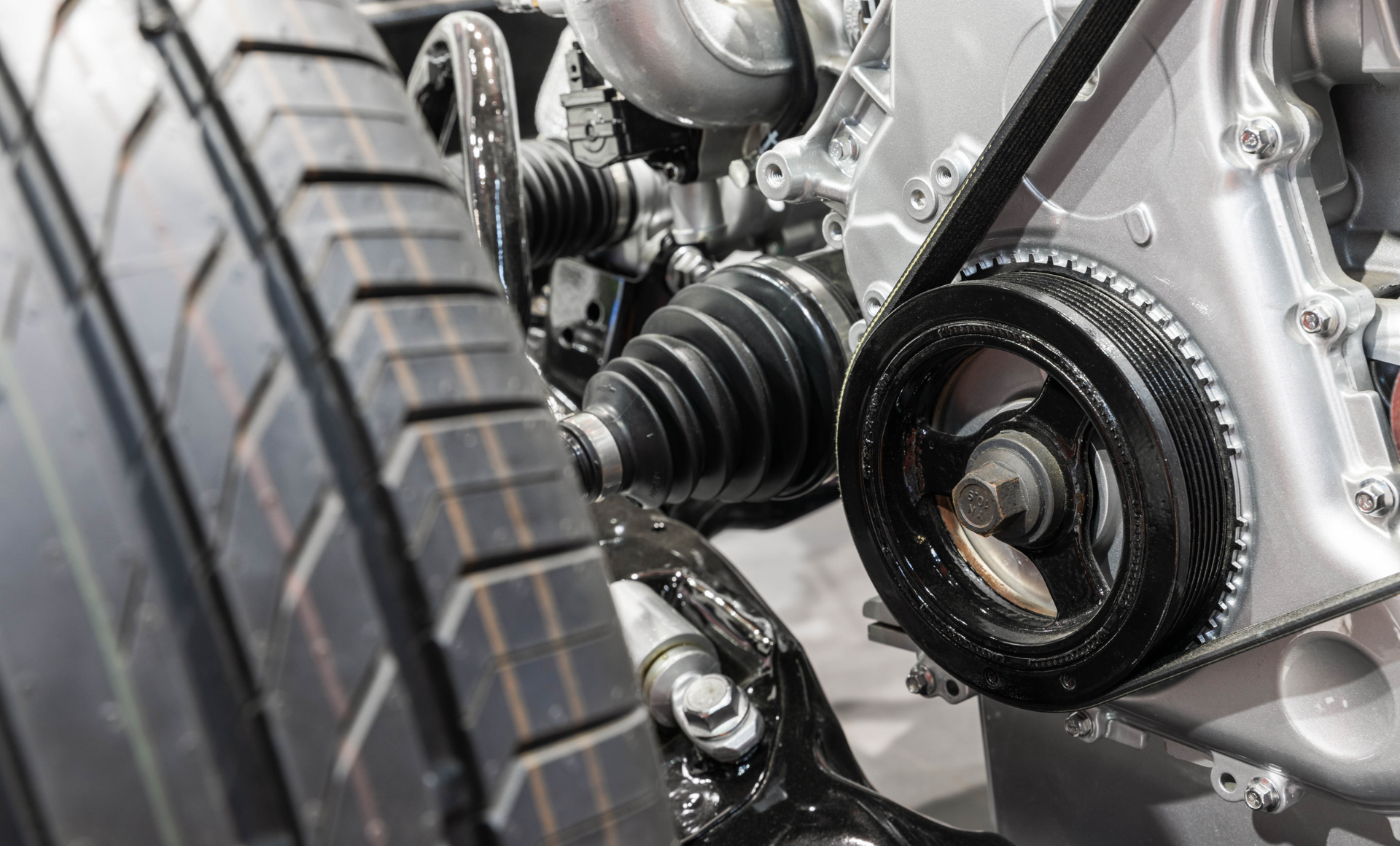Increase Fuel Economy

When it comes down to it, the value of fuel for business comes from the work it enables them to do. For businesses and commercial fuel users, they need to get the most out of their fuel without it causing them problems. Fuel economy is always on the mind of the consumer driver, and fleets are no different. It’s always a winning day when a fleet’s fuel economy is maximized.
The thing is, though, there is no magic bullet for transforming gasoline or diesel into something that improves your mileage by 25%. There’s no shortage of people who make that promise, though. Those that do mark themselves as the charlatans of the industry.
A good sign that someone is overpromising is if they guarantee fuel mileage improvement of double figures. These kinds of things are never guaranteed because fuel mileage depends on multiple different factors, only some of which have to do with the fuel itself (like driver behavior, the single biggest factor in fuel economy).
Outside of environmental factors and driving behavior, what affects fuel economy the most are fuel properties and the condition of the engine. This is where Bell Performance’s commercial-grade formulations can help.
When we say fuel economy is related to the condition of the engine, we mean that it relates to how well the engine converts the energy from the fuel into work. There’s only so much you can do with the fuel for improving fuel economy, in terms of maximizing the energy that the engine gets out of the fuel. Most engines are really good at converting this energy into work.
If you’re going to pick one thing, the fuel injectors in the engine have the biggest impact on getting the best fuel economy possible.
Fuel injector cleaning is critical, as the injectors play the biggest role in atomizing the fuel and delivering it into the combustion chamber so that its chemical energy can be converted into work. Engines are highly engineered to do this the right way at the right time. If the injectors are dirty, with deposits that affect the spray in any way, they won’t do this as well as they should and that will have a big effect on the fuel mileage that a fleet gets.
It’s long been known that a good injector detergent will solve this problem. Gasoline fuels have been required to have injector detergents at a minimum level for a long time. But diesel fuel doesn’t have this requirement.
To get better mileage, having the optimal cetane rating in diesel fuel can help as well. Proper fuel cetane rating is essential for the engine’s best functioning using that fuel. Today’s diesel engines need higher cetane ratings than in the past. When your fuel’s cetane isn’t high enough for your engine’s needs, you definitely feel it both in the operation of the engine and in the mileage records.
Bell Performance has been helping commercial fuel users get the most from their fuel dollar for over 100 years. Our commercial-grade formulations, combined with the expertise of our Bell Fuel & Tank Services arm, see to it that you get the most out of your engines.
The Latest on our Blog
3 min read
Spring Fuel Maintenance: Essential Steps for Commercial Fuel Storage Professionals
3 min read
Fuel Security For Hurricane Season: How to Ensure Your Stored Fuel Is Ready When You Need It Most
4 min read
Cold Weather Fuel Treatments: Protecting Your Fleet and Generator Performance When Temperatures Drop
2 min read
Don't Blame the Fuel: A Systematic Approach to Generator Problems
2 min read
Winter Weather Outlook 2024-25: Regional Contrasts and Fuel


